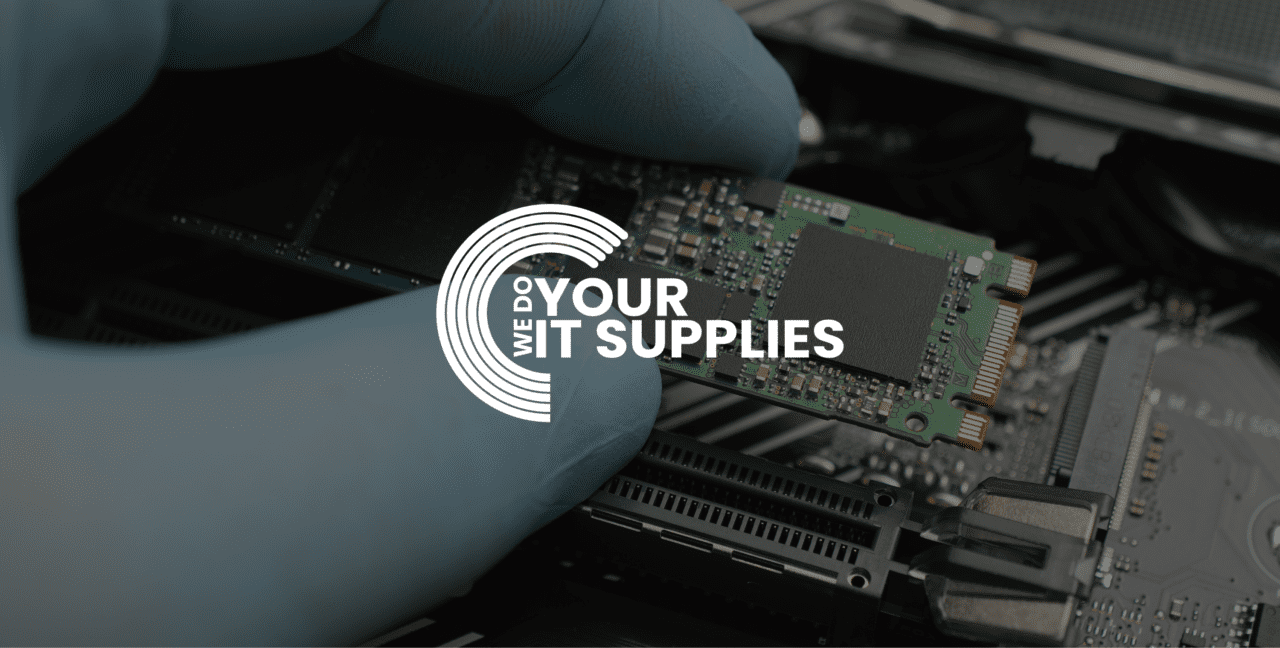
Could ‘Organoid’ Computers Be Next?

Researchers from John Hopkins University have reported that brain ‘organoid’ biocomputing devices could be the next big thing in computing. Led by Dr Brett Kagan, chief scientist at Cortical Labs in Melbourne, the team has been studying and experimenting with using organoids as a potential new form of computing technology.
What Are Organoid Computers?
Organoid computers are small organic devices made up of living cells that can mimic parts of the human brain, such as neural networks. These cells are capable of performing certain tasks, like those associated with traditional computers but without needing any additional hardware or software. The researchers believe that these organoid computers could potentially be used for a variety of applications, from medical research to artificial intelligence development.
The Benefits of Organoid Computers
Organoid computers offer a number of advantages over traditional computing. For one, they are much more efficient and require less energy to operate which makes them ideal for applications such as robotics, where power consumption is a major concern. Since these computers are made of living cells, they can be grown and programmed more quickly than a traditional machine as well as adapting to changes in their environment. This makes them ideal for rapid prototyping and development of new technologies. Additionally, since organoids don’t need any additional hardware or software, they are much cheaper than other forms of computing technology.
The Drawbacks of Organoid Computers
However, organoid computers also present certain drawbacks that could limit their potential use in the future. One major issue is the difficulty in controlling these devices, as they are made from living cells that can easily be damaged or contaminated. Additionally, since these computers are still in their early stages of development, it remains to be seen how reliable and secure they will be for use in large-scale applications.
The Potential Applications of Organoid Computing
The team at Cortical Labs has suggested a number of potential applications for organoid-based computing. These range from medical research, to artificial intelligence development and even gaming. It is believed that organoid computers could potentially be used to create more accurate simulations of the human brain, which would be invaluable in medical research. In terms of gaming, it could allow for more immersive experiences with players interacting with a virtual world on a much deeper level.
Conclusion
Organoid computers have the potential to revolutionise computing and open up many new possibilities for the development of artificial intelligence and medical research. However, there are still a number of challenges that need to be addressed before this technology can be widely adopted. Nevertheless, researchers like Dr Kagan remain optimistic about its potential and continue to push the boundaries of what is possible with organoid computers.
As we move further into the 21st century, organoid computers may well become an integral part of our technological landscape. Only time will tell if they are the next big thing or just a passing fad.


